Squishmallow Coloring Pages
I present to you my collection of Squishmallow coloring pages. Let’s color a variety of animals created in the form of cute toys.
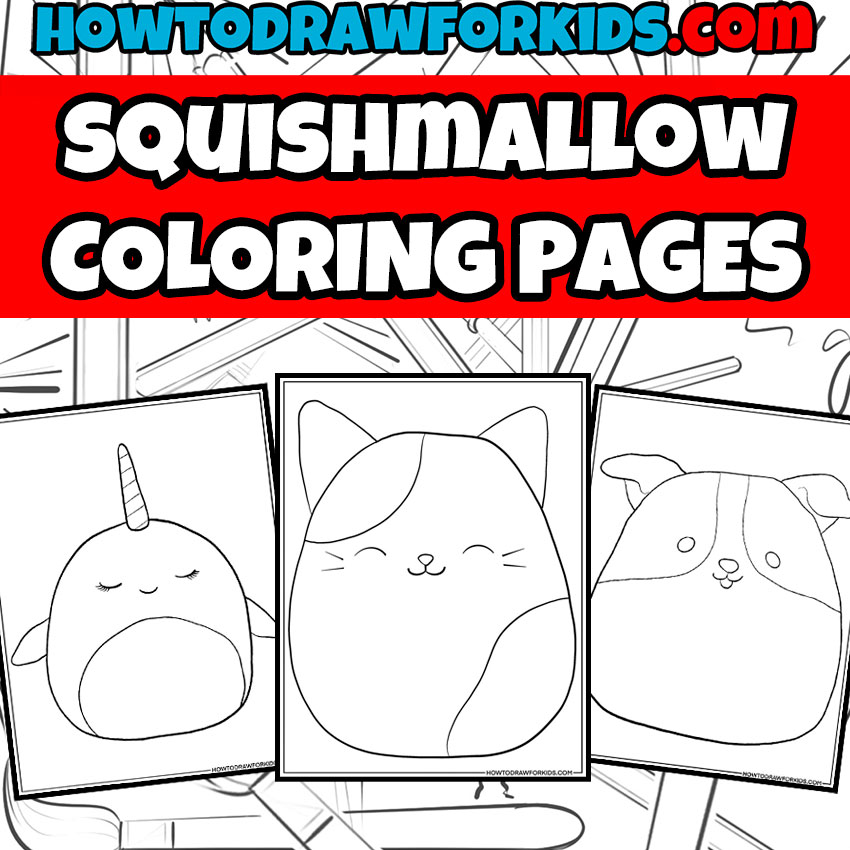
Squishmallow Coloring Pages: Introduction
Welcome to the Squishmallow coloring pages collection. This collection offers a calm environment where you can color characters such as axolotls, unicorns, cows, and frogs. These pages allow you to work with your preferred color palette and medium.
In this set, you will find a bear, dragon, dinosaur, mushroom, and avocado Squishmallow, each created for you to apply different colors and shading.
Start by selecting a color scheme that fits the character – choose bright colors for more energetic ones, or soft and pastel colors for calmer characters. Also, you can on the textures, using smooth strokes for areas that should look soft, and add subtle shadows for dimension.
Try layering different shades to make the Squishmallows more three-dimensional. Begin with a base color and gradually use darker tones for additional detail. Highlights can also add realism to the characters, especially in areas like the eyes or the top of the head.
Squishmallow Coloring Pages
Download All Squishmallow Coloring Pages
Along with individual Squishmallow coloring pages, all pages have been compiled into a single file for ease of access. This single file allows you to download the entire collection at once, ensuring all coloring sheets are available in one place for convenience.
Squishmallow Coloring Sheets: Expert Tips
As we conclude the session with Squishmallow coloring pages, here are some methods to improve your coloring technique.
Use the appropriate tools, such as colored pencils or brush pens, to achieve the soft textures common in Squishmallows, allowing for smooth blending.
Experiment with different colors. Squishmallows often feature a wide range of color schemes, so it’s an opportunity to try various combinations that can make the characters more distinct.
Applying shading in darker areas can improve the visual quality of your work. Adding shadows and highlights provides realism and dimension, giving a more refined appearance.
Including a background for your Squishmallows can change a basic coloring page into something more developed. Whether simple or detailed, a background adds an extra layer to the overall image.
Maintaining a consistent style throughout the pages can help ensure your collection appears uniform when viewed together.
Take your time on each page. Focusing on the process leads to better results and reduces mistakes, while allowing more attention to each part of the work.
By following these steps, you can improve the quality of your work and feel satisfied with each completed Squishmallow coloring page. Sharing your work with others may also encourage them to appreciate Squishmallows as you do.
Coloring Squishmallows: FAQ
Below are some commonly asked questions about coloring Squishmallow pages, which may be helpful for beginners. Each question includes answers to assist you with the process:
You can start by referencing the original colors of the character, usually available from Squishmallow toys. You can stick to these or choose alternative colors based on your preferences. Think about the character’s traits or the mood you want to represent when picking colors.
For colored pencils, apply light layers and build the color gradually. You can use a lighter pencil or a blending tool to smooth transitions. For markers, use blending markers or overlap the edges of different colors while they are wet to blend them.
To reduce bleeding, use thicker, smooth paper designed for markers. Place a sheet of paper or cardstock underneath the page to absorb any excess ink.
Add patterns or textures to the Squishmallow, like stripes or dots. You can also draw accessories such as hats or scarves to personalize the character.
If you’re using pencils, try gently erasing the mistake. For marker mistakes, you can adjust the design to incorporate the error or use a darker color to cover it.
Yes, you can blend colored pencils by layering or using tools such as blending stumps or a white pencil to smooth the colors together.
Start with simple methods like single-layer coloring, using cross-hatching for texture, and trying light and dark shades for depth. As you improve, you can learn more advanced techniques like blending.
Yes, but make sure to use thicker, watercolor-friendly paper if printing the pages at home. Standard printer paper is usually too thin for watercolor and may wrinkle. Apply light washes of color, and allow each layer to dry before adding more.
If you’re using colored pencils or markers, you can outline the characters before coloring to define the edges clearly. If you’re shading or blending, it might be better to outline afterward to ensure the edges stay sharp and clean.
There is no strict rule, but many recommend starting with the character first. This helps you focus on the main subject. Afterward, you can choose background colors that complement the character without worrying about coloring outside the lines.
Yes, you can scan the pages or download them in a digital format and use programs like Procreate, Adobe Photoshop, or any other digital drawing app to color them. Digital tools give you access to a wide range of brushes, textures, and colors.
Conclusion
This brings us to the end of the Squishmallow coloring book. I hope you found the process of adding color to the characters enjoyable and relaxing. It’s interesting to observe how different shades and techniques can affect the final result of each Squishmallow.
In addition to Squishmallows, my site also offers other themed coloring pages. You may want to check out the Bambi coloring pages if you like cartoons, or Wolverine coloring pages if you like comic books. Each collection provides a different set of characters and settings.
You can also follow me on social media to stay updated on new content. I appreciate any feedback you may have regarding the coloring pages and encourage you to share your thoughts. Your input helps improve future offerings.

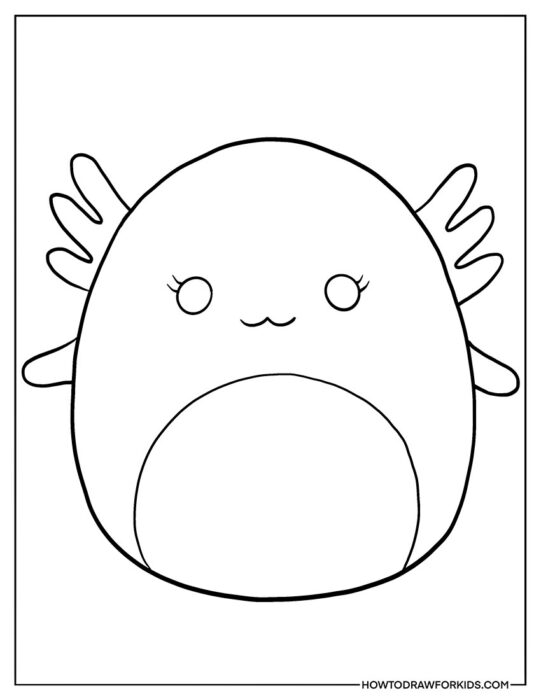
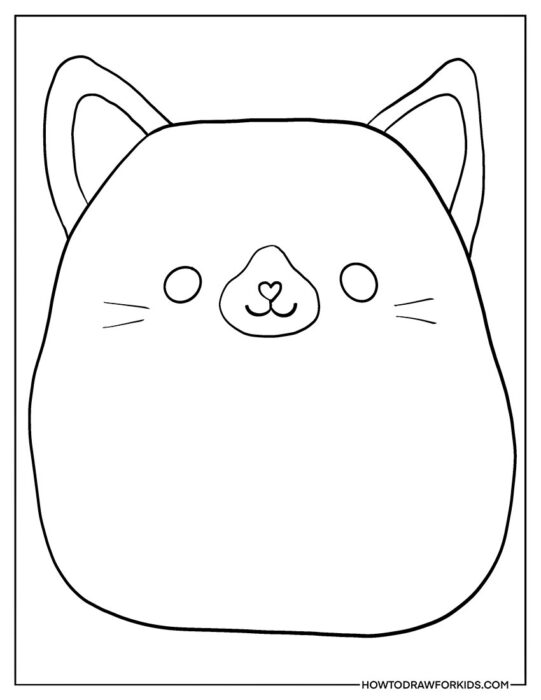
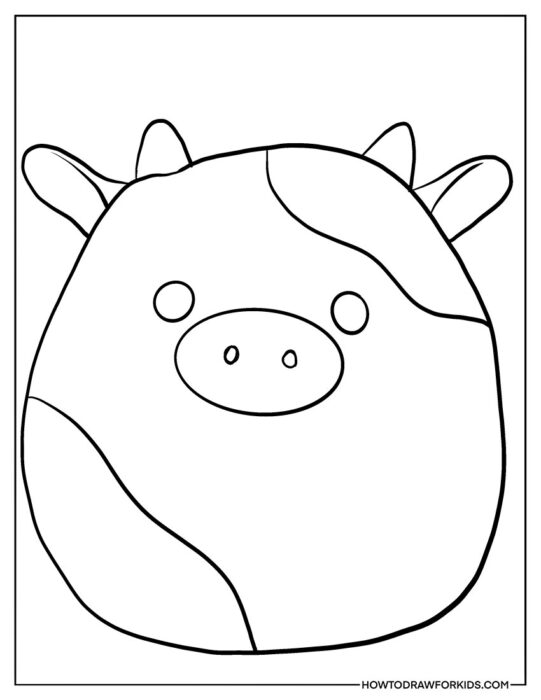
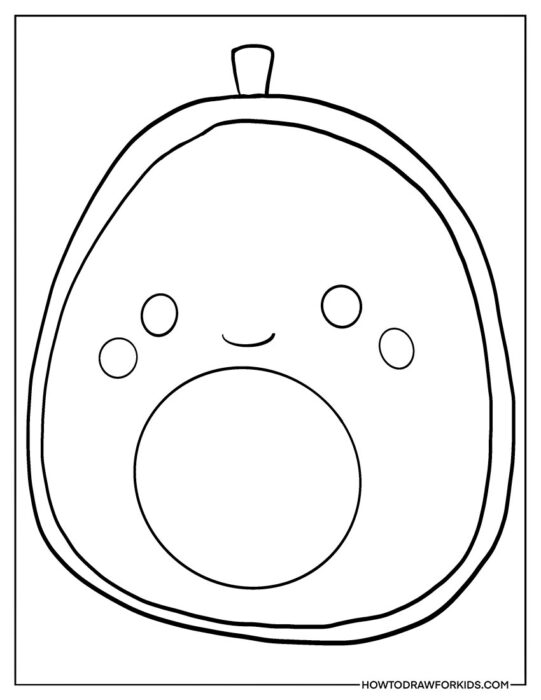
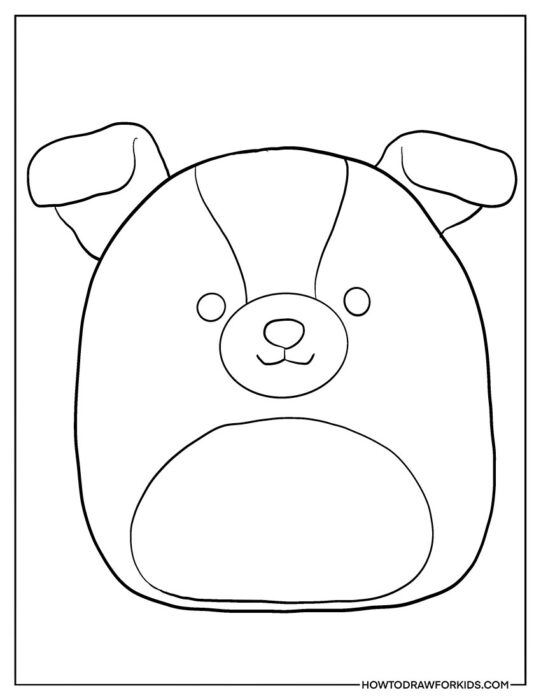
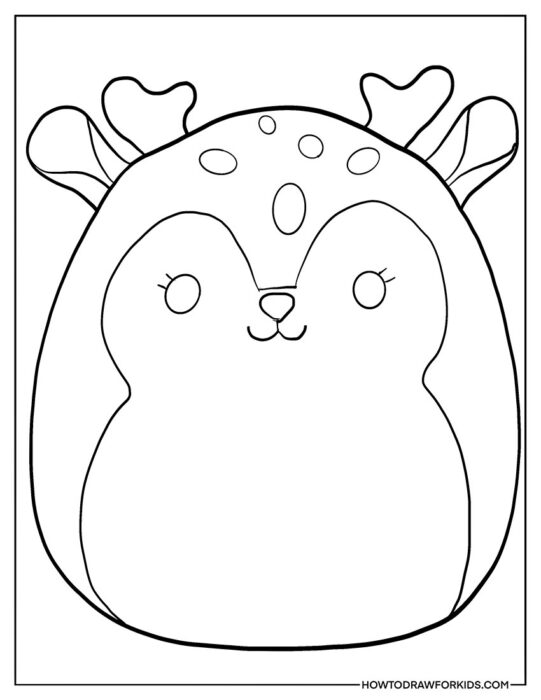
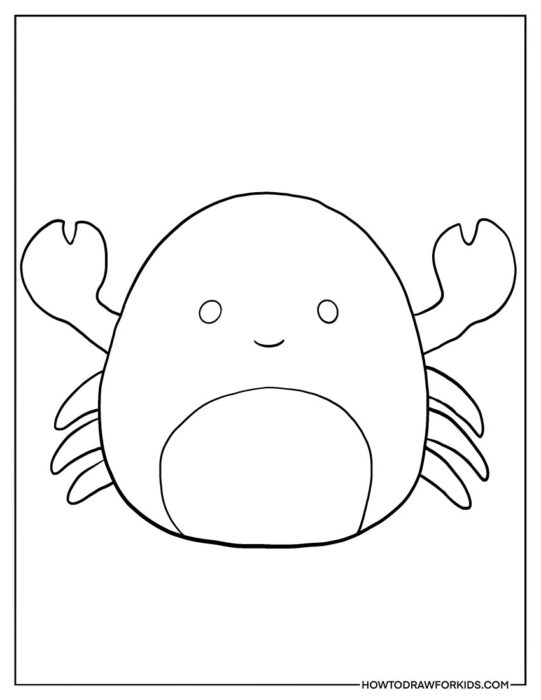
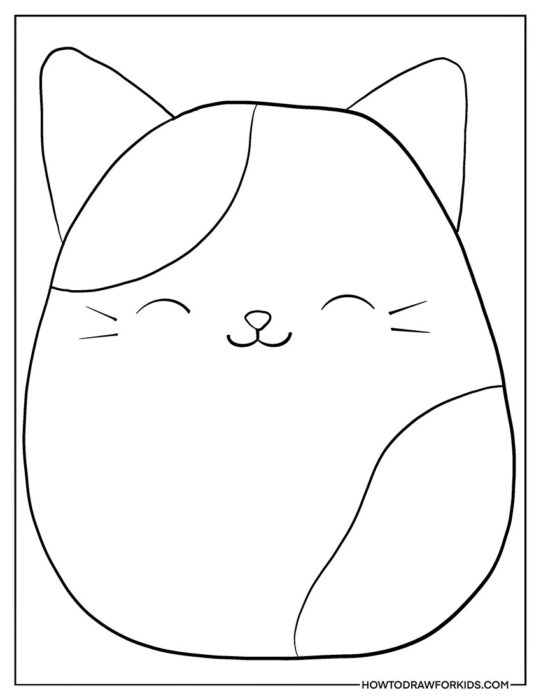
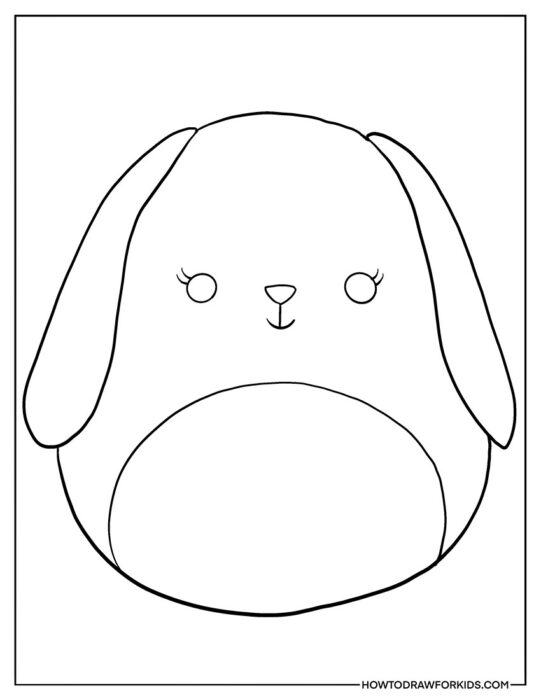
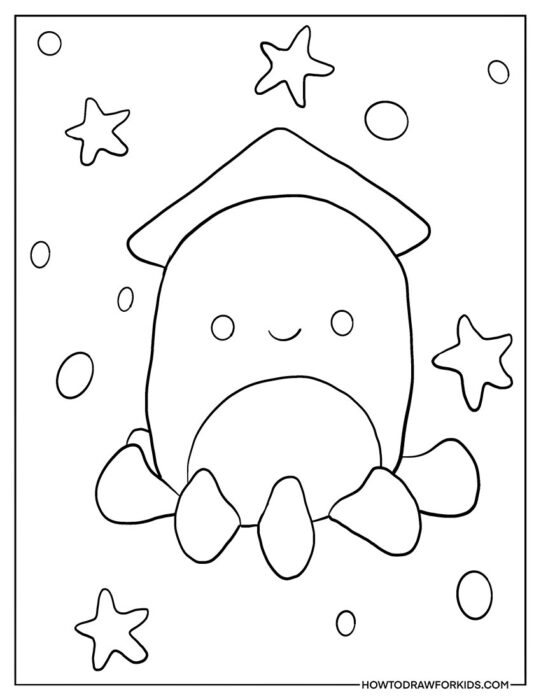
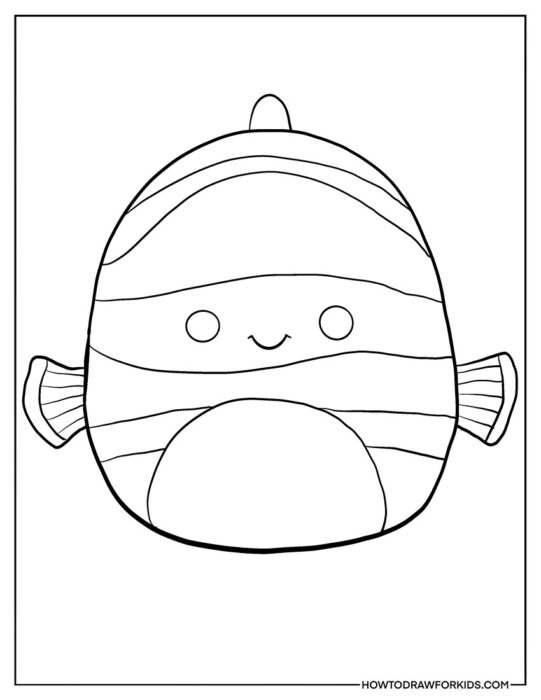
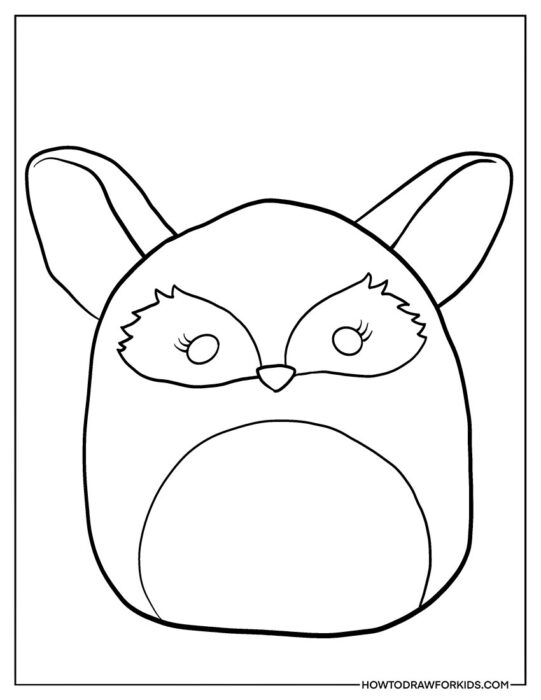
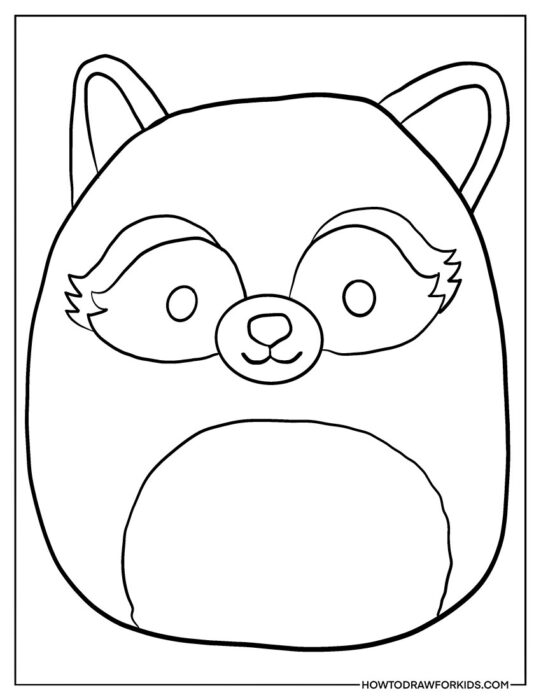
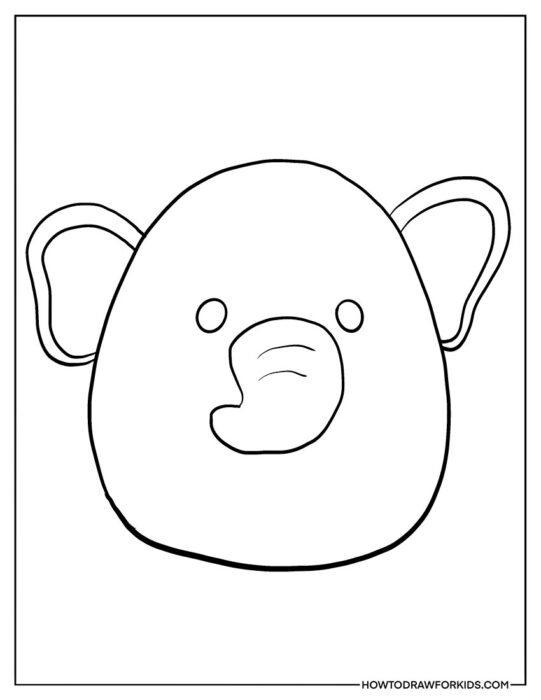
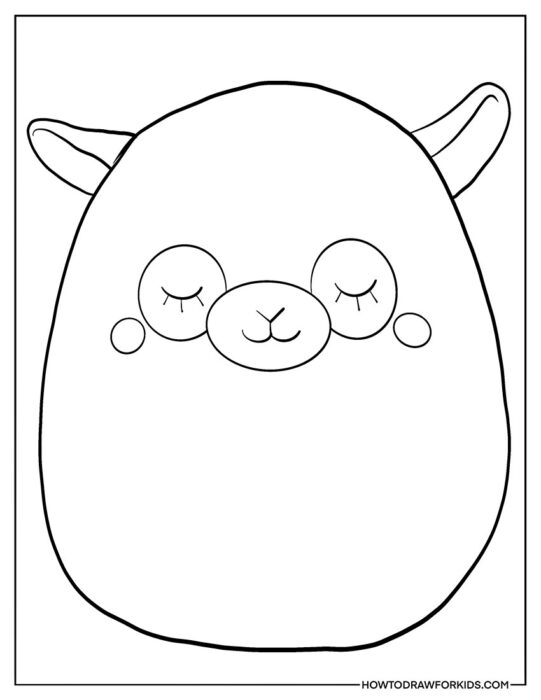
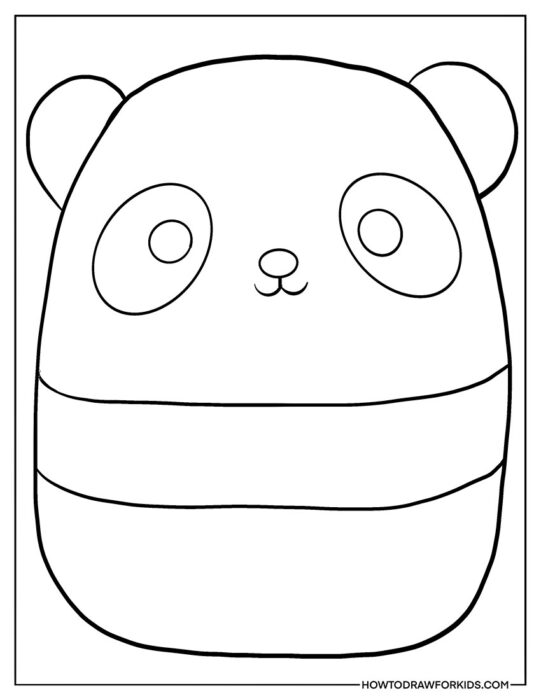
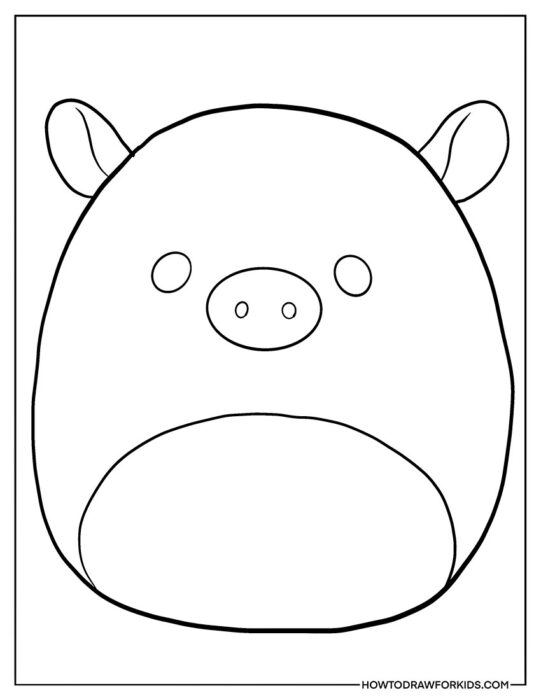
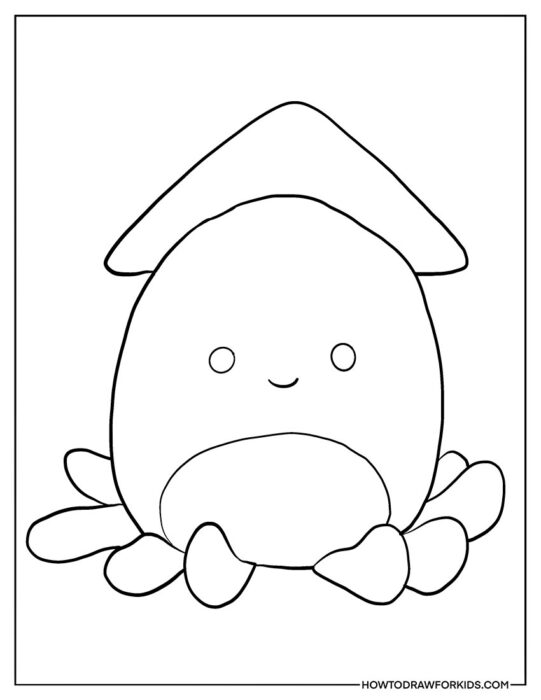
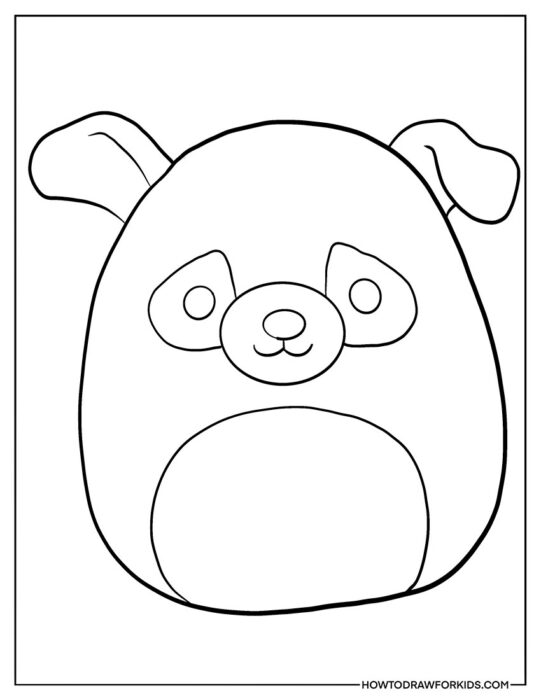
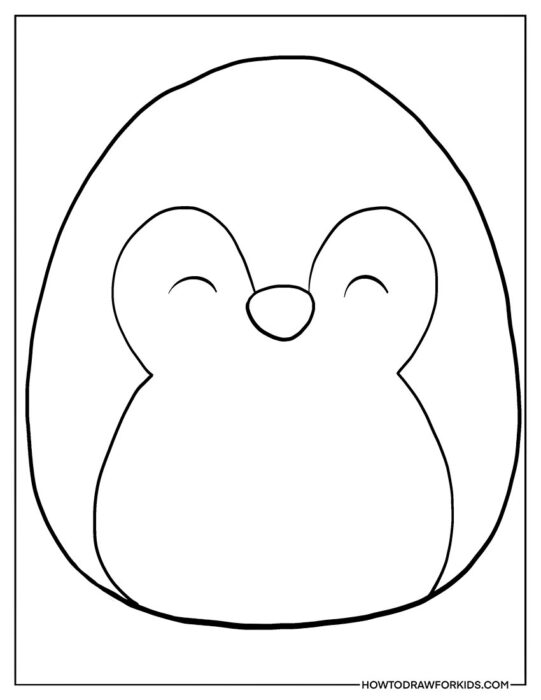
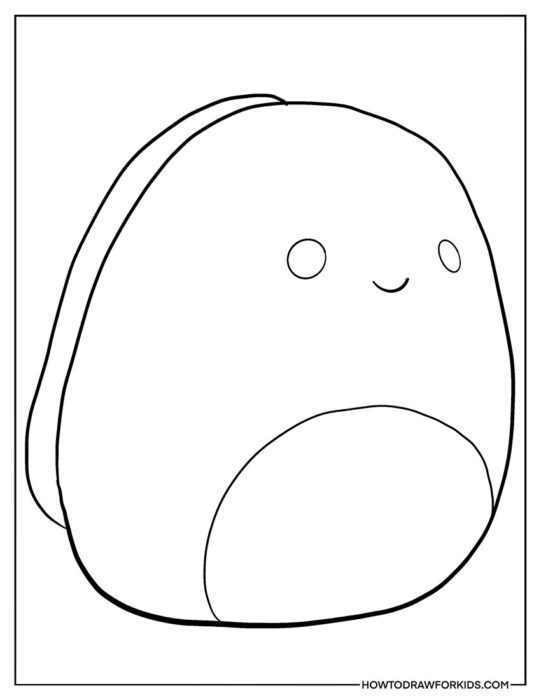
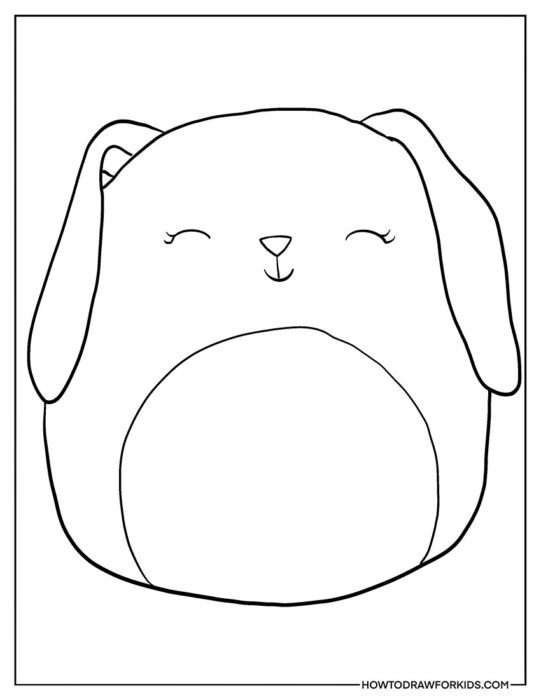
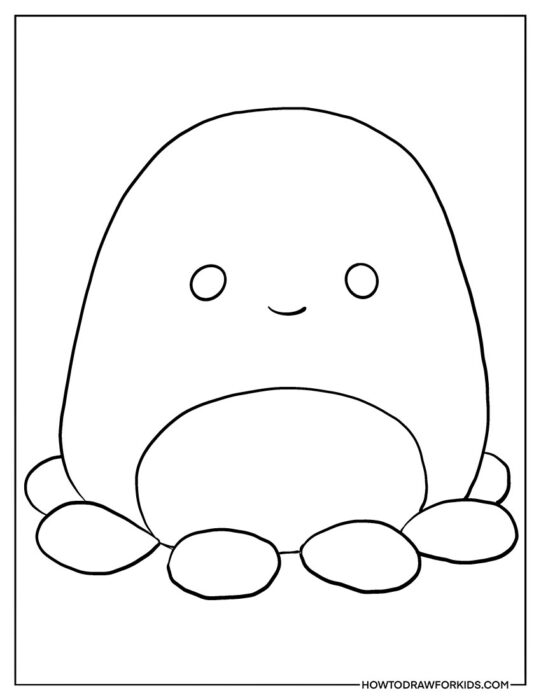
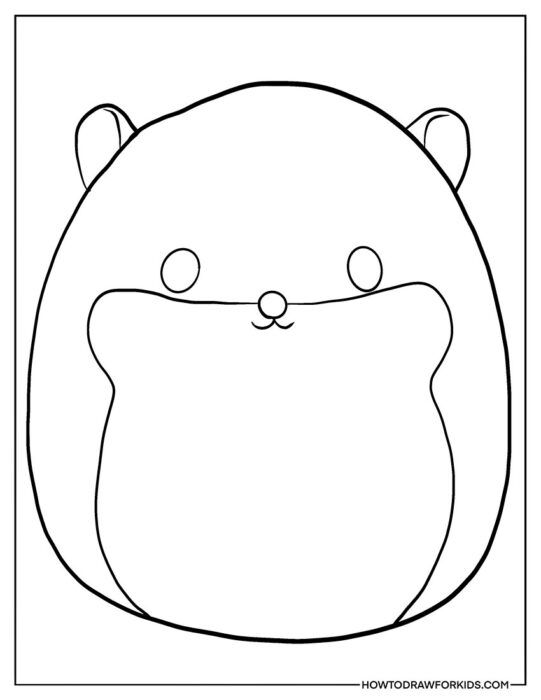
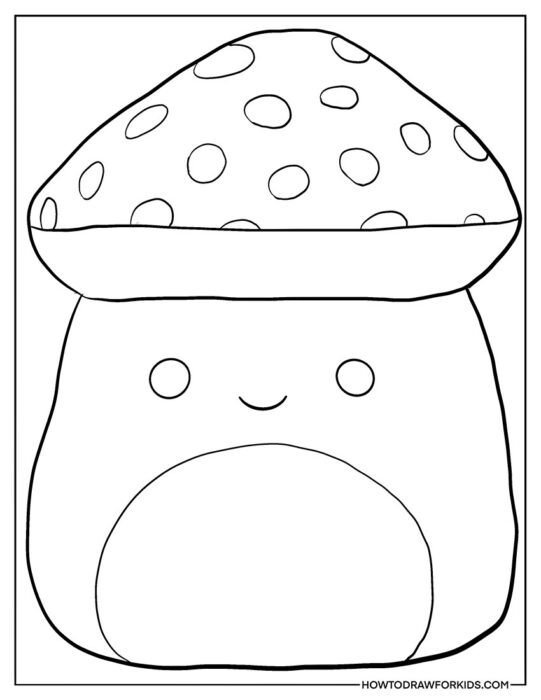
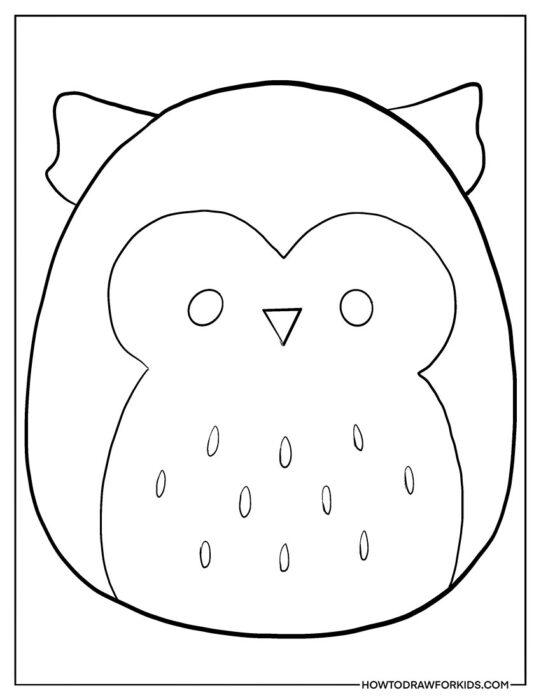
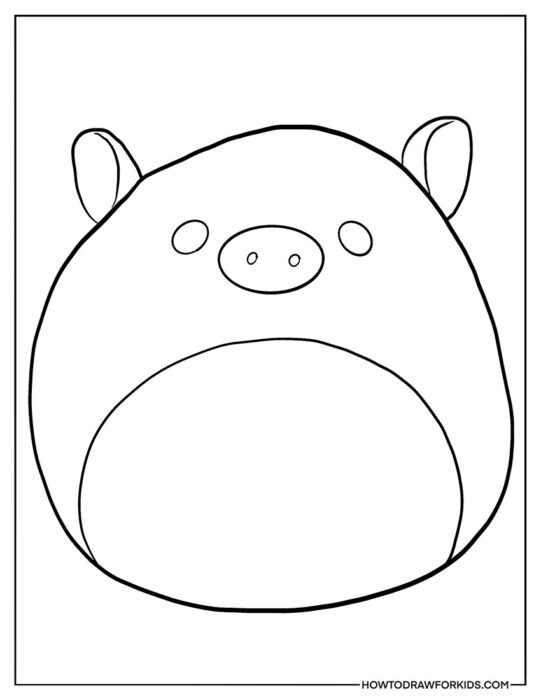
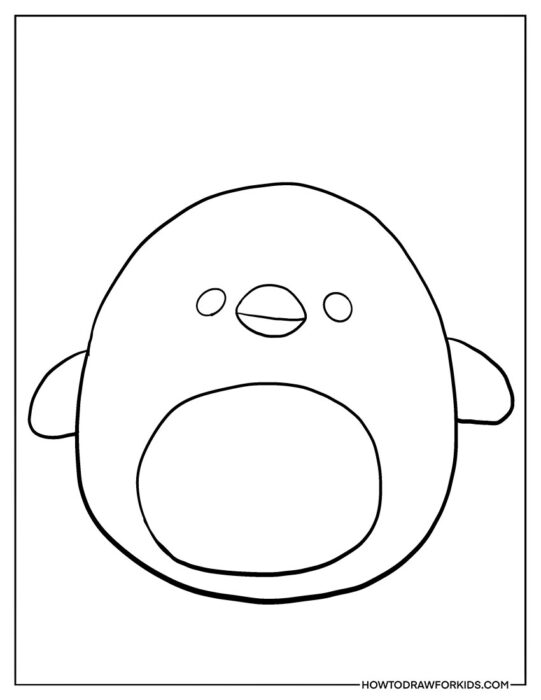
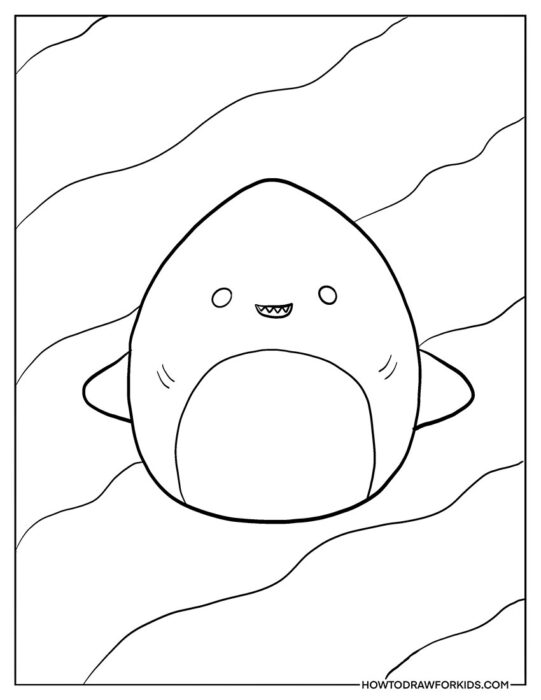
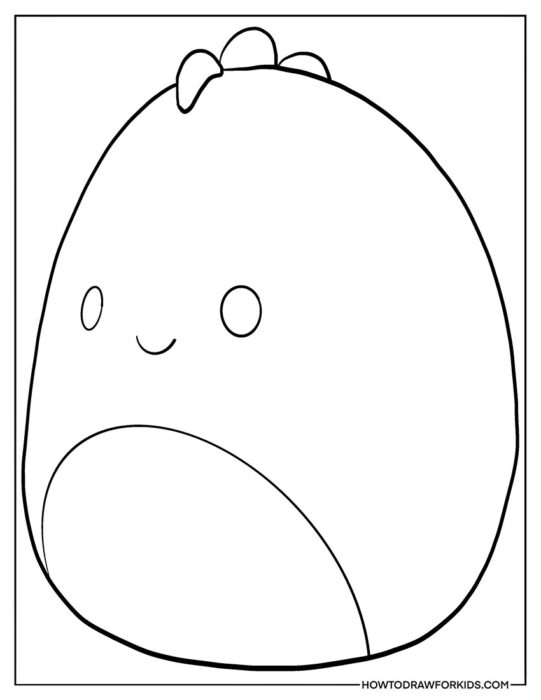
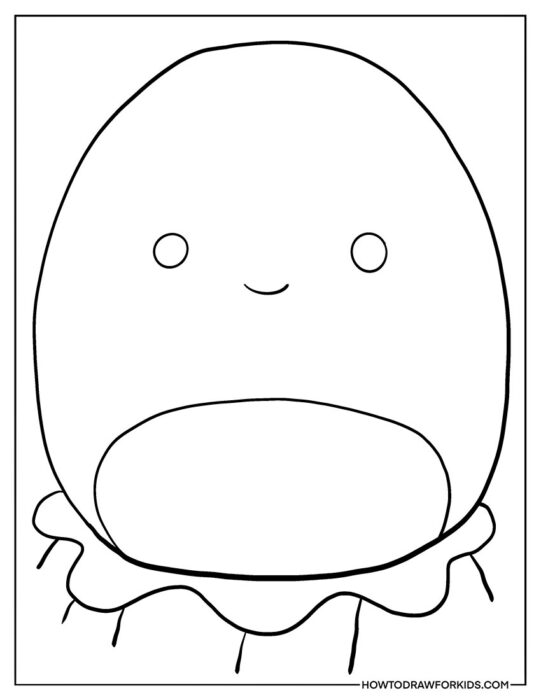
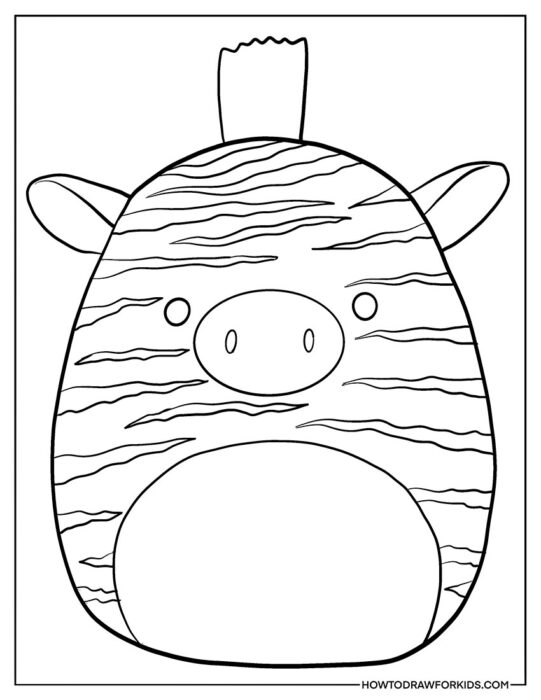
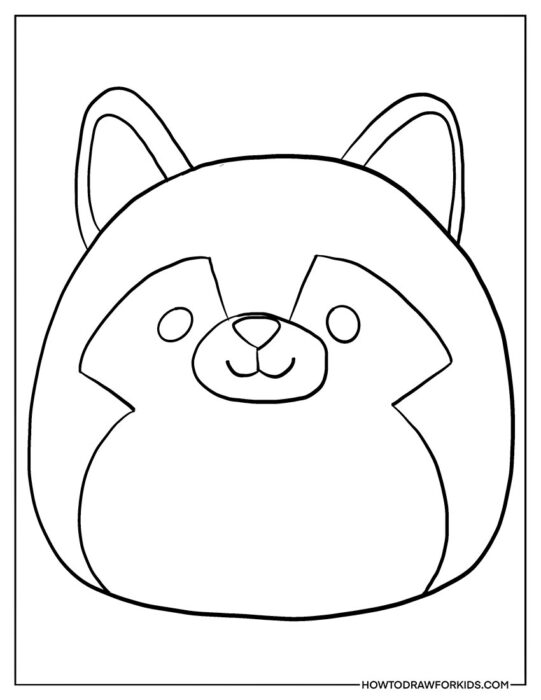
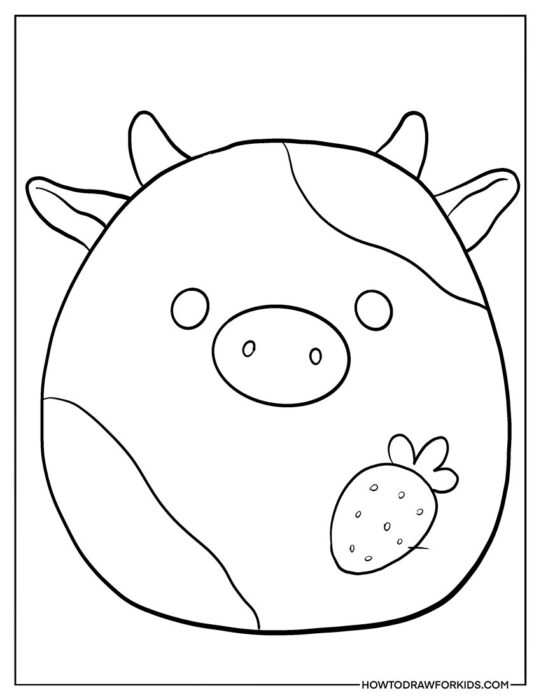
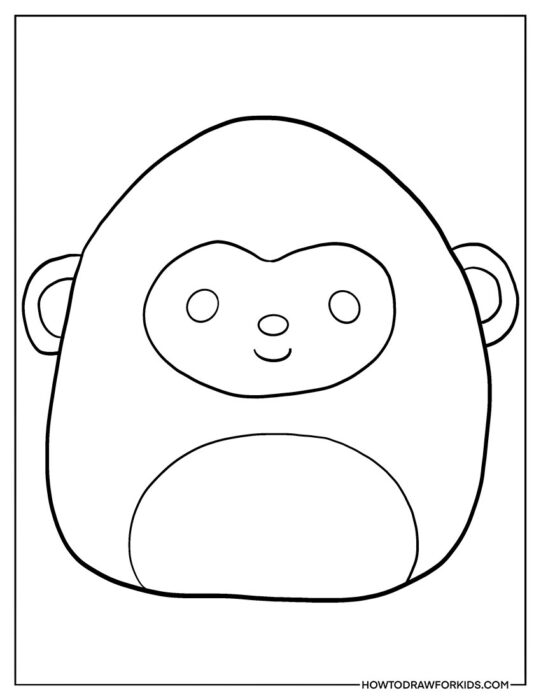
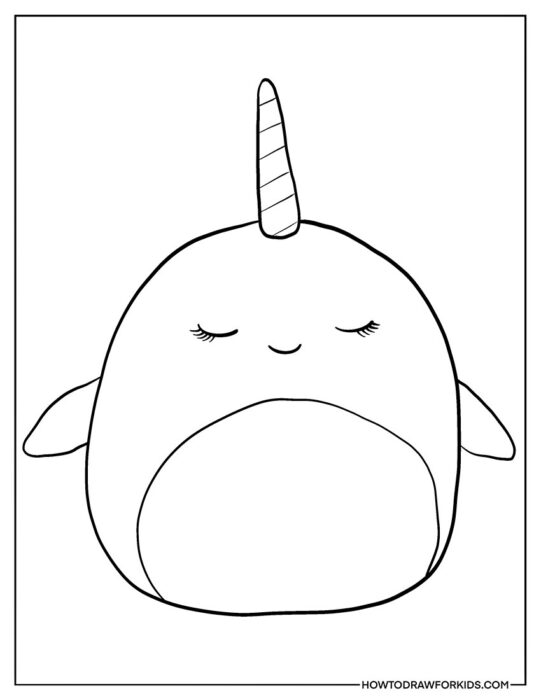
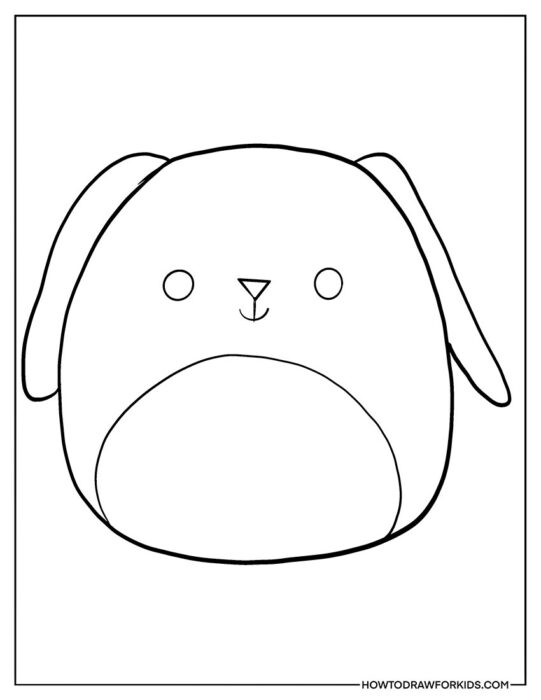
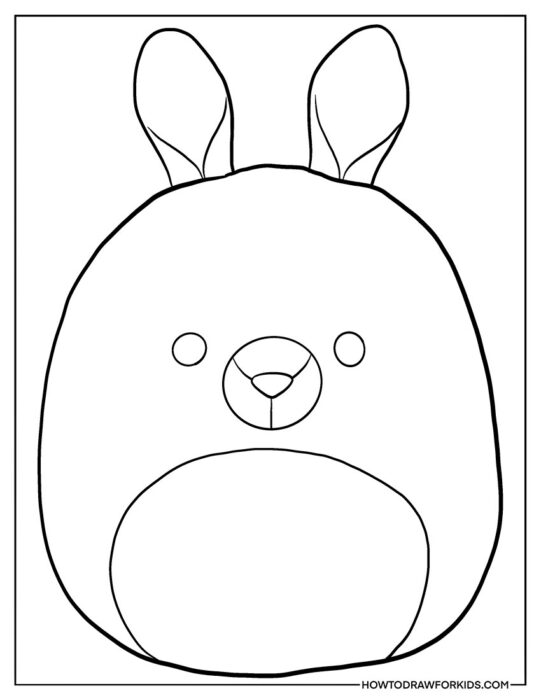
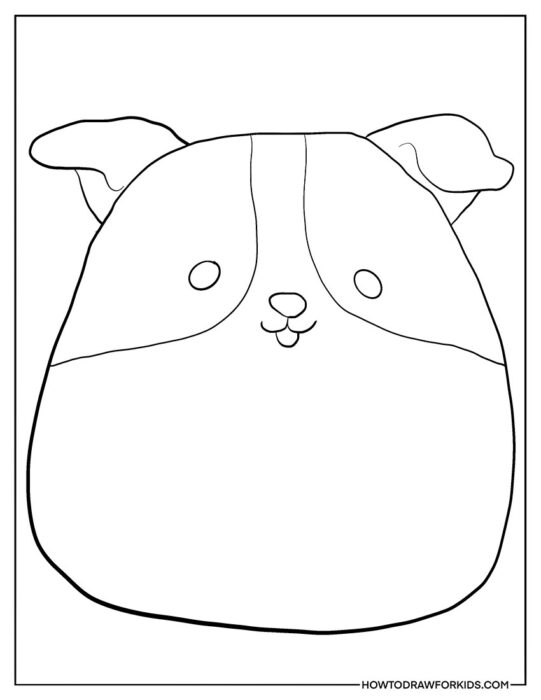
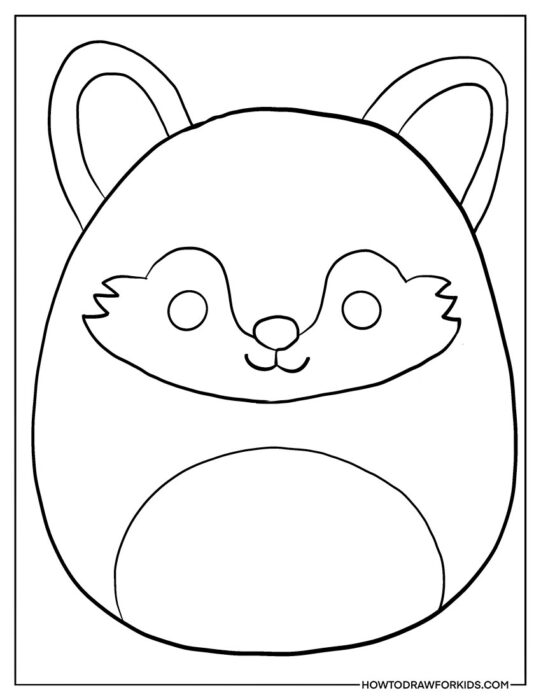
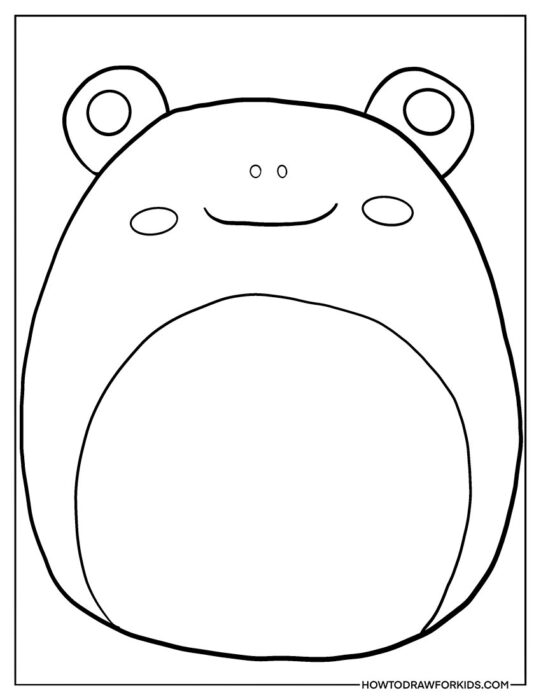
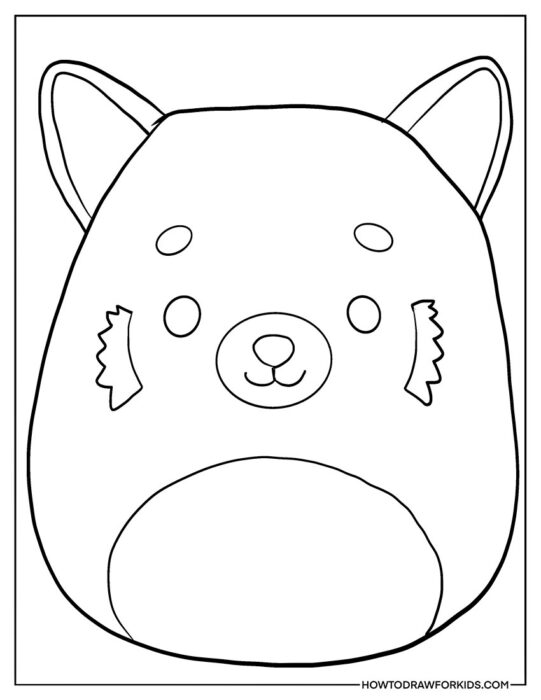
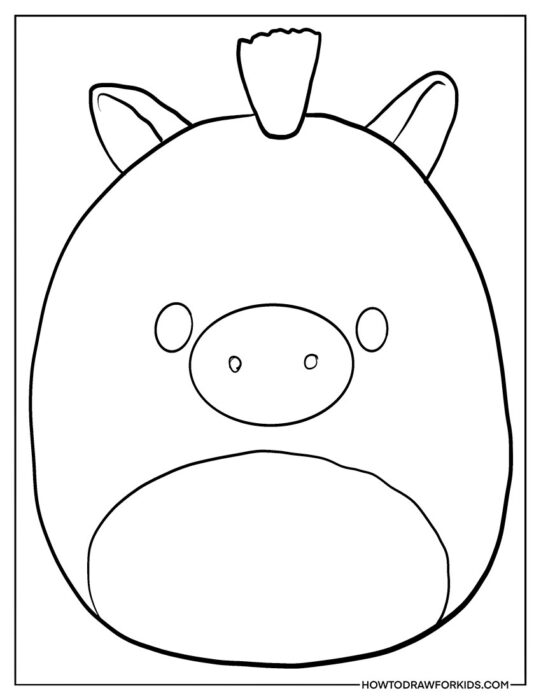
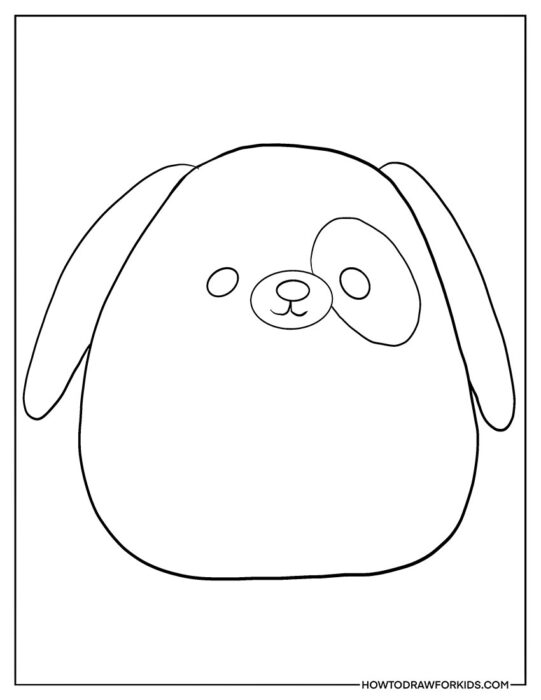
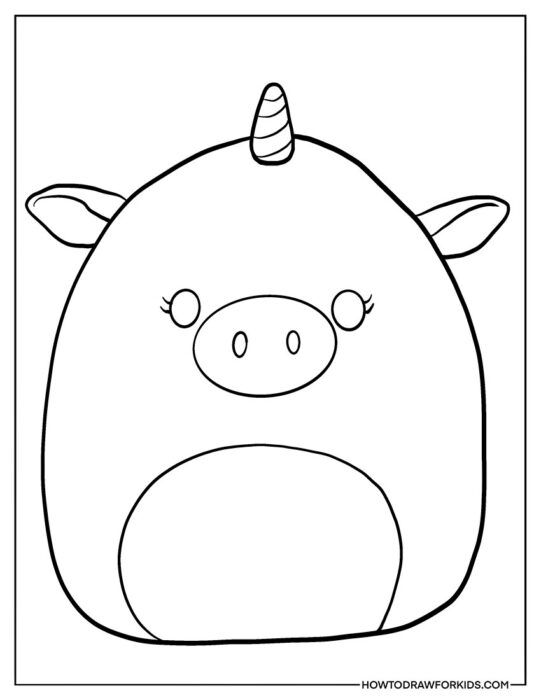
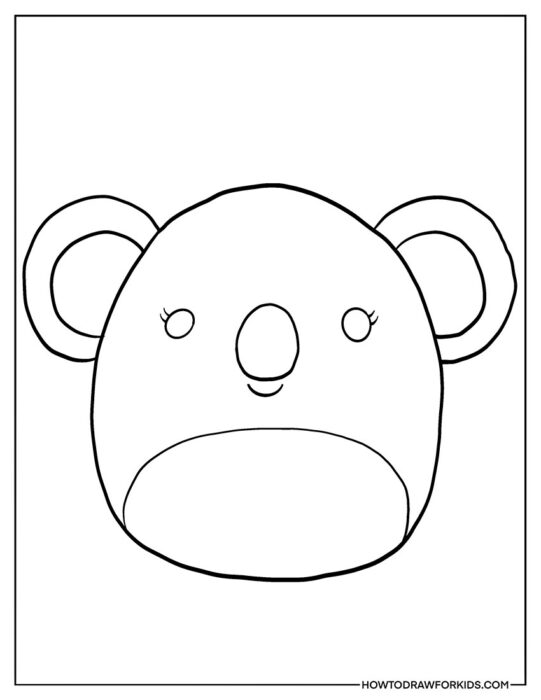
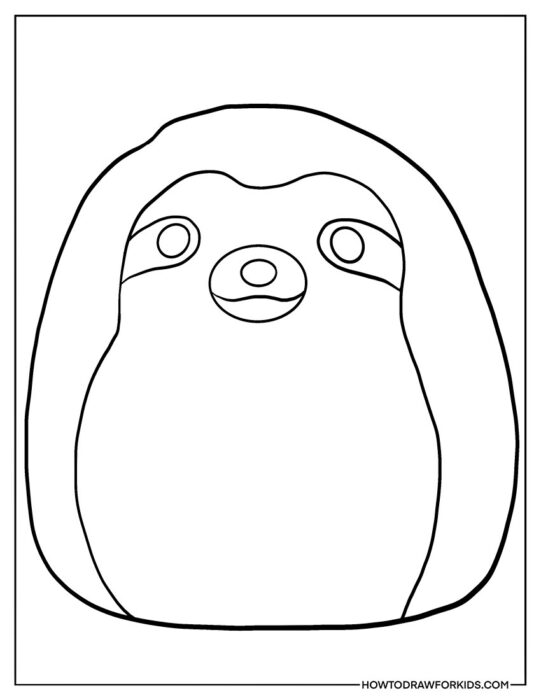
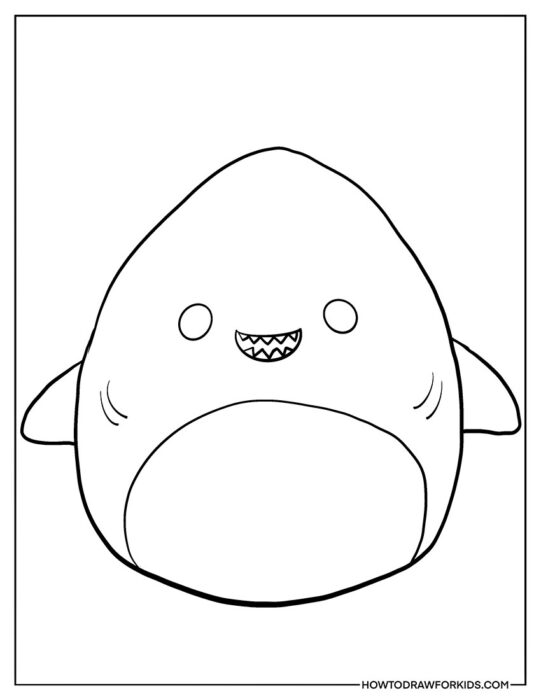
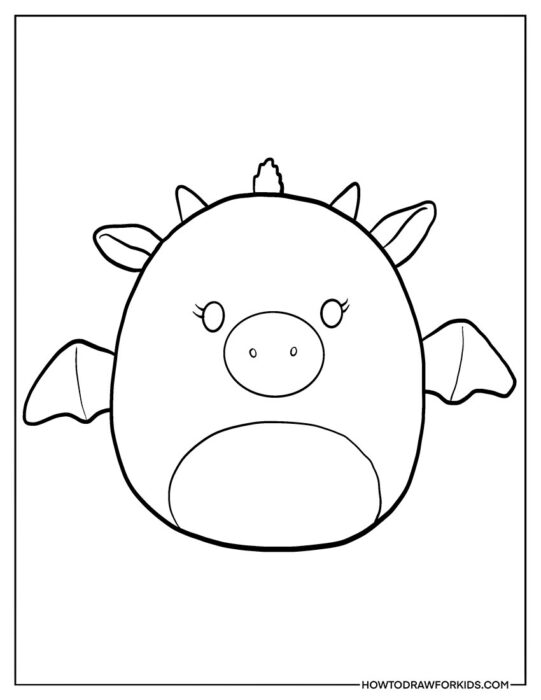
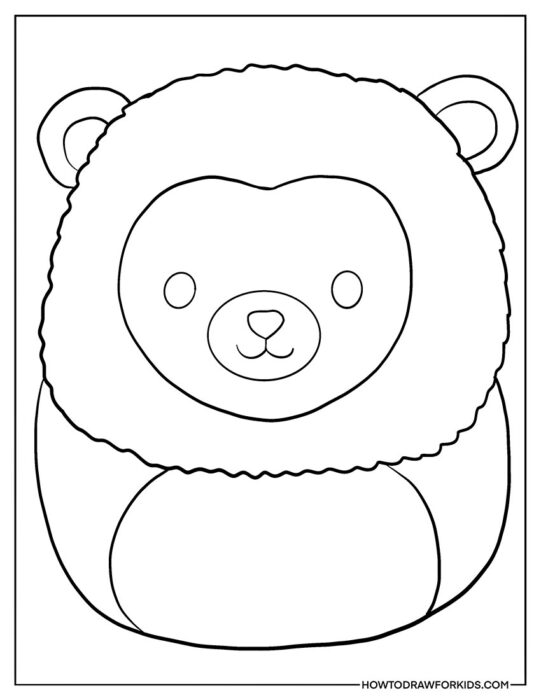
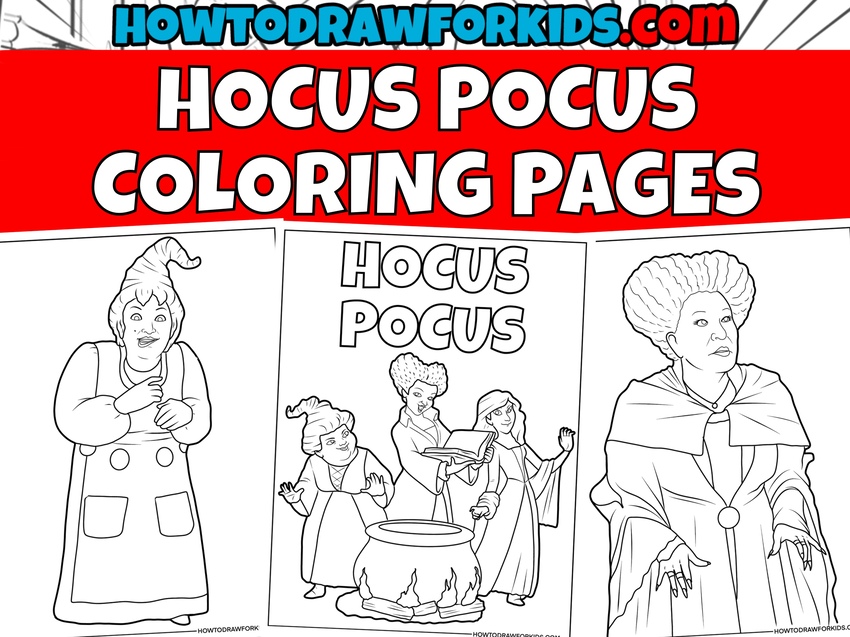

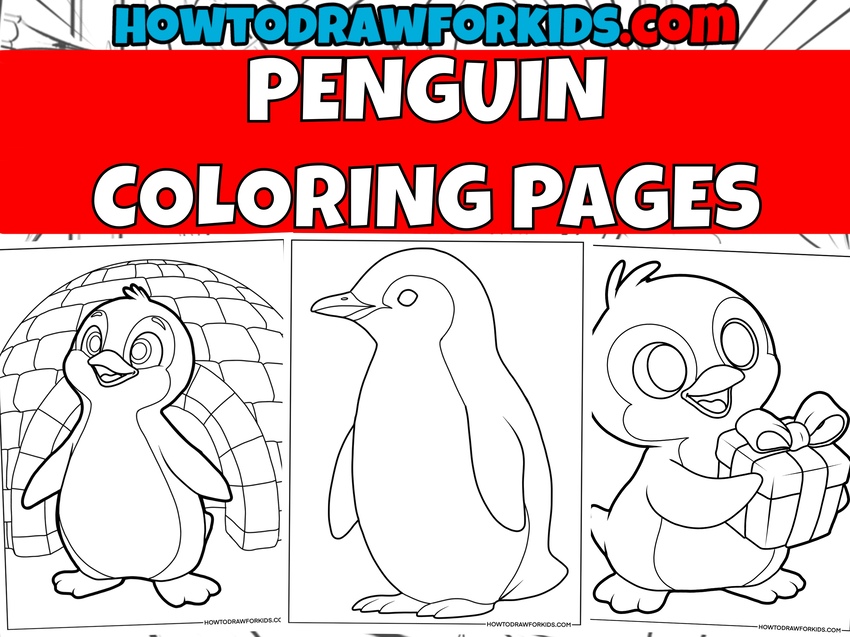



All your drawing look beautiful I’m doing them right now and the coloring pages